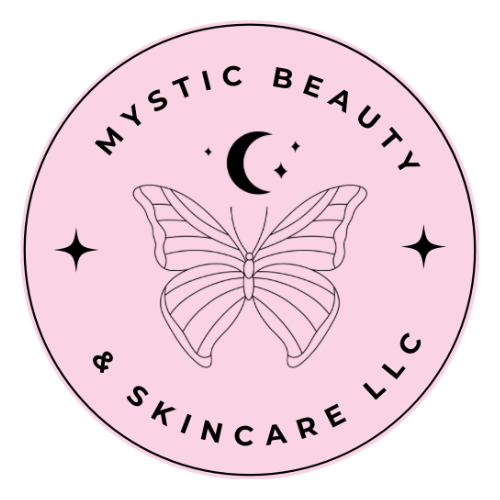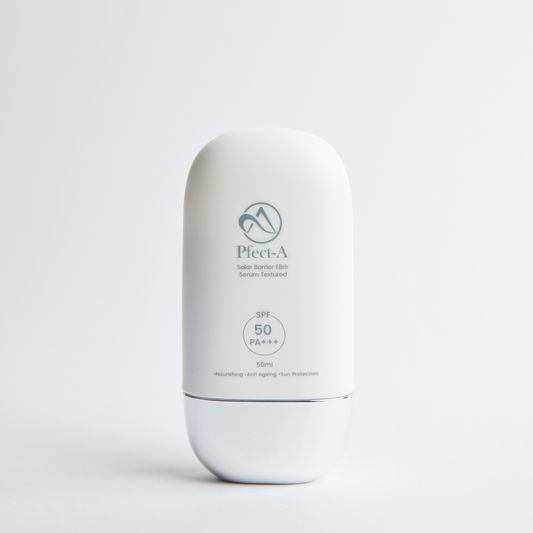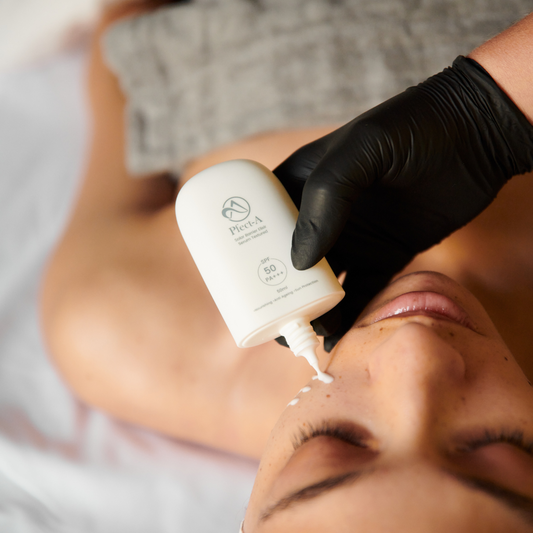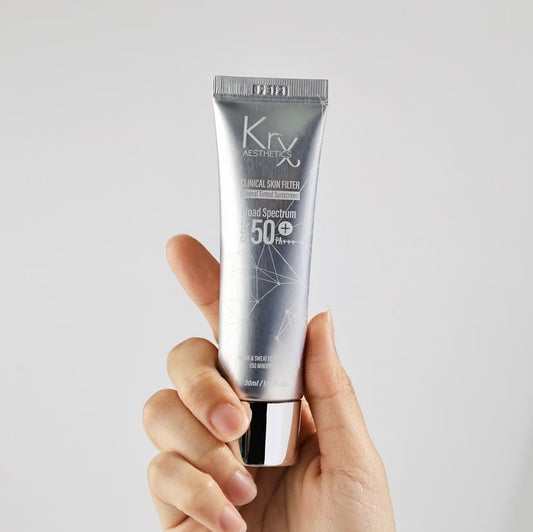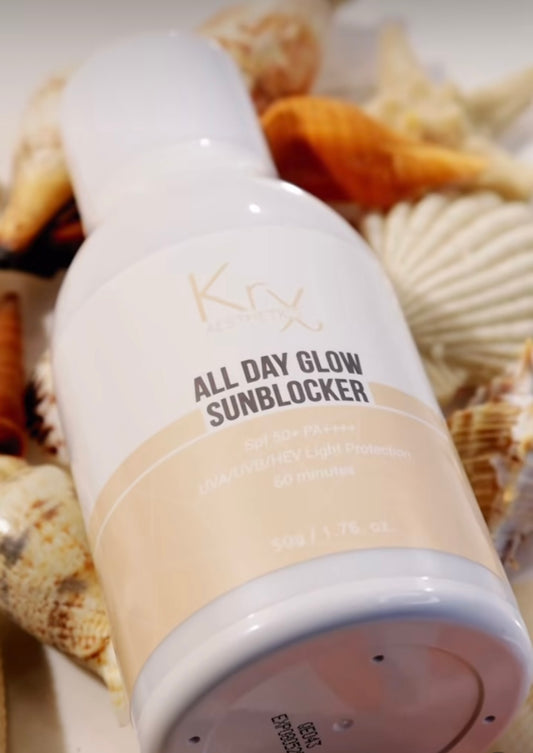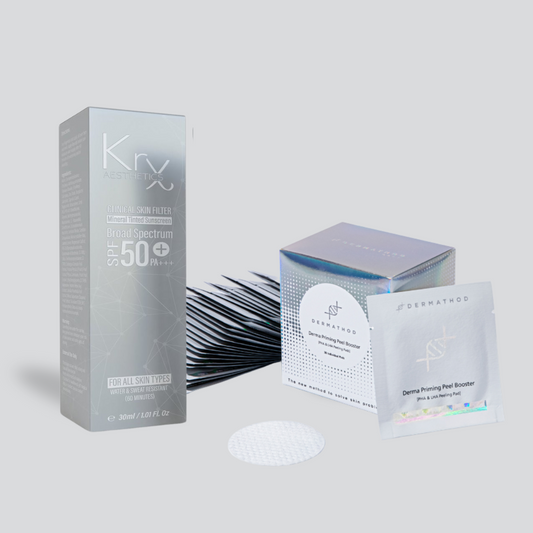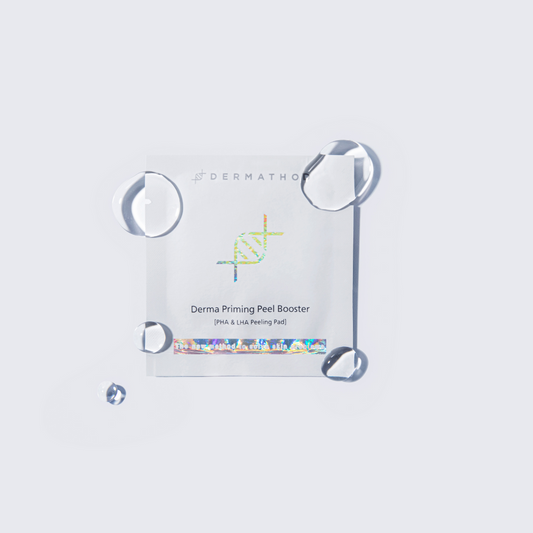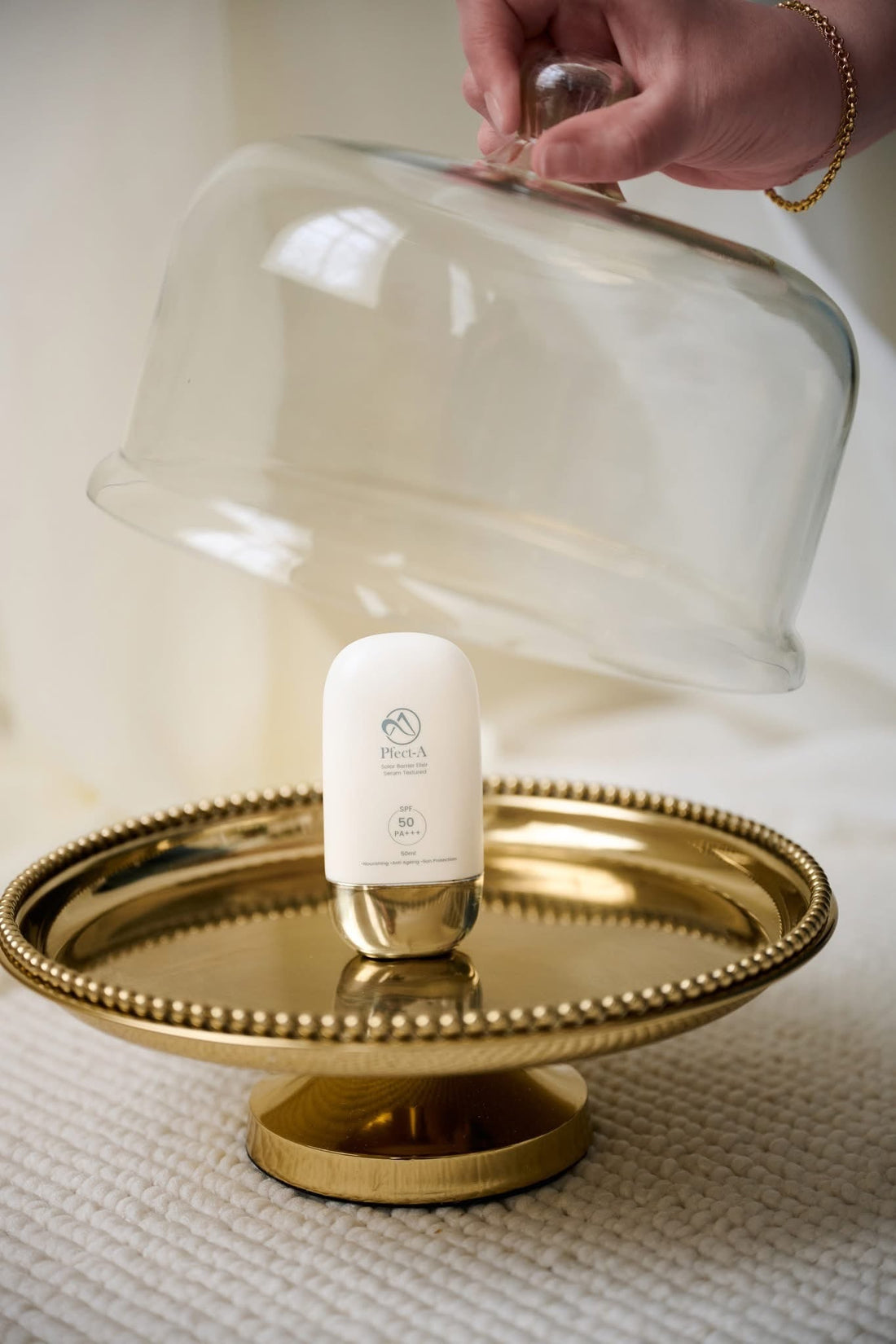
Why Korean Sunscreens Are Better Than U.S. Sunscreens
Share
Sunscreen is a non-negotiable step in every skincare routine, but not all formulas are created equal. Over the last decade, Korean sunscreens have become a global favorite for their superior textures, advanced UVA protection, and skin-loving benefits. Meanwhile, U.S. sunscreens are stuck with outdated regulations that haven’t seen new approved SPF ingredients since the 90's.
Here’s why Korean sunscreens are considered better than their Western counterparts—and why you should think twice before settling for basic SPF.
1. Advanced, Skin-Friendly Formulations
Korean sunscreens feel more like skincare than sunscreen. They’re lightweight, non-greasy, and absorb quickly—perfect for everyday use under makeup. Many are enriched with hydrating and soothing ingredients, making them ideal for sensitive or acne-prone skin.
By contrast, many U.S. sunscreens are heavy, sticky, and leave a white cast—discouraging consistent use.
2. Superior Broad-Spectrum Protection
Korean sunscreens emphasize both UVA and UVB protection. They use the PA system (PA+, PA++, PA+++) to clearly show UVA protection levels—something U.S. sunscreens don’t prioritize.
UVA rays penetrate deeper, causing premature aging and skin cancer risk. Korean formulas ensure you’re protected on all fronts, not just from sunburn.
3. Innovative UV Filters
K-beauty sunscreens frequently use advanced chemical filters like Tinosorb and Uvinul A Plus, which offer superior broad-spectrum coverage without the heavy feel.
Meanwhile, the U.S. FDA hasn’t approved new sunscreen actives in over 20 years, meaning American formulas often rely on older, less elegant ingredients.
4. Outdated U.S. SPF Regulations
The FDA’s focus remains on SPF as a measure of UVB protection, leaving UVA coverage under-emphasized. While Korea continues to innovate, the U.S. lags behind, limiting the options available to consumers.
5. Why Korean Sunscreens Are the Gold Standard
Until the FDA updates its regulations, Korean sunscreens will remain the leaders in texture, efficacy, and full-spectrum protection. They’re designed for everyday comfort, making people more likely to use them consistently—and that’s the real key to preventing sun damage.
FAQs
1. What is the difference between UVA and UVB rays?
UVA rays cause premature aging and wrinkles, while UVB rays cause sunburn. Both contribute to skin cancer risk.
2. What does PA+++ mean?
The PA system measures UVA protection. The more plus signs, the better the protection.
3. Are Korean sunscreens safe?
Yes! Korean sunscreens undergo strict testing and often include skin-friendly ingredients.
4. Why hasn’t the FDA updated SPF regulations?
The FDA approval process for new sunscreen ingredients is slow, leaving U.S. formulas behind compared to other countries.
5. Should I still wear sunscreen if I stay indoors?
Yes! UVA rays can penetrate windows, so daily use is essential—even on cloudy days.
